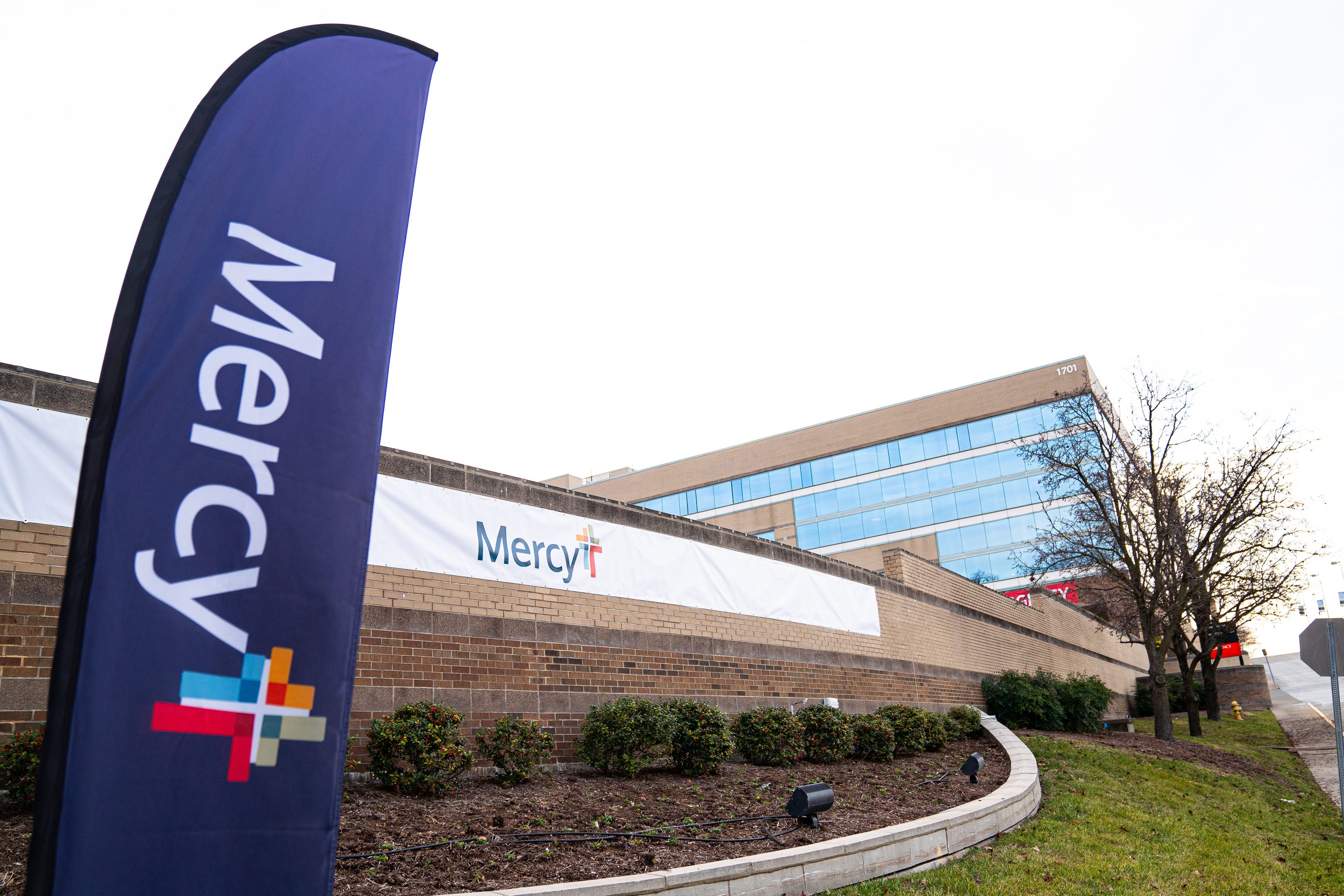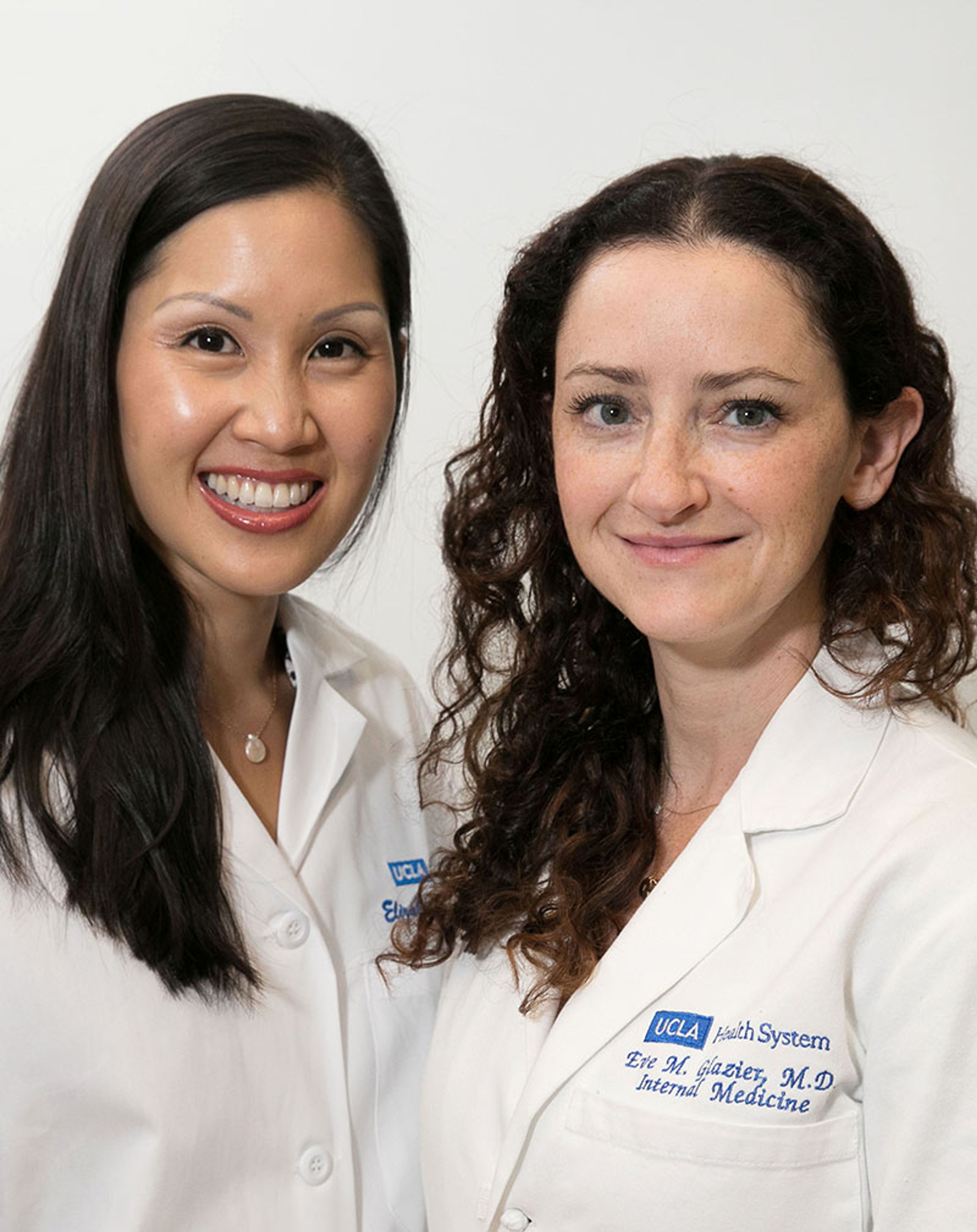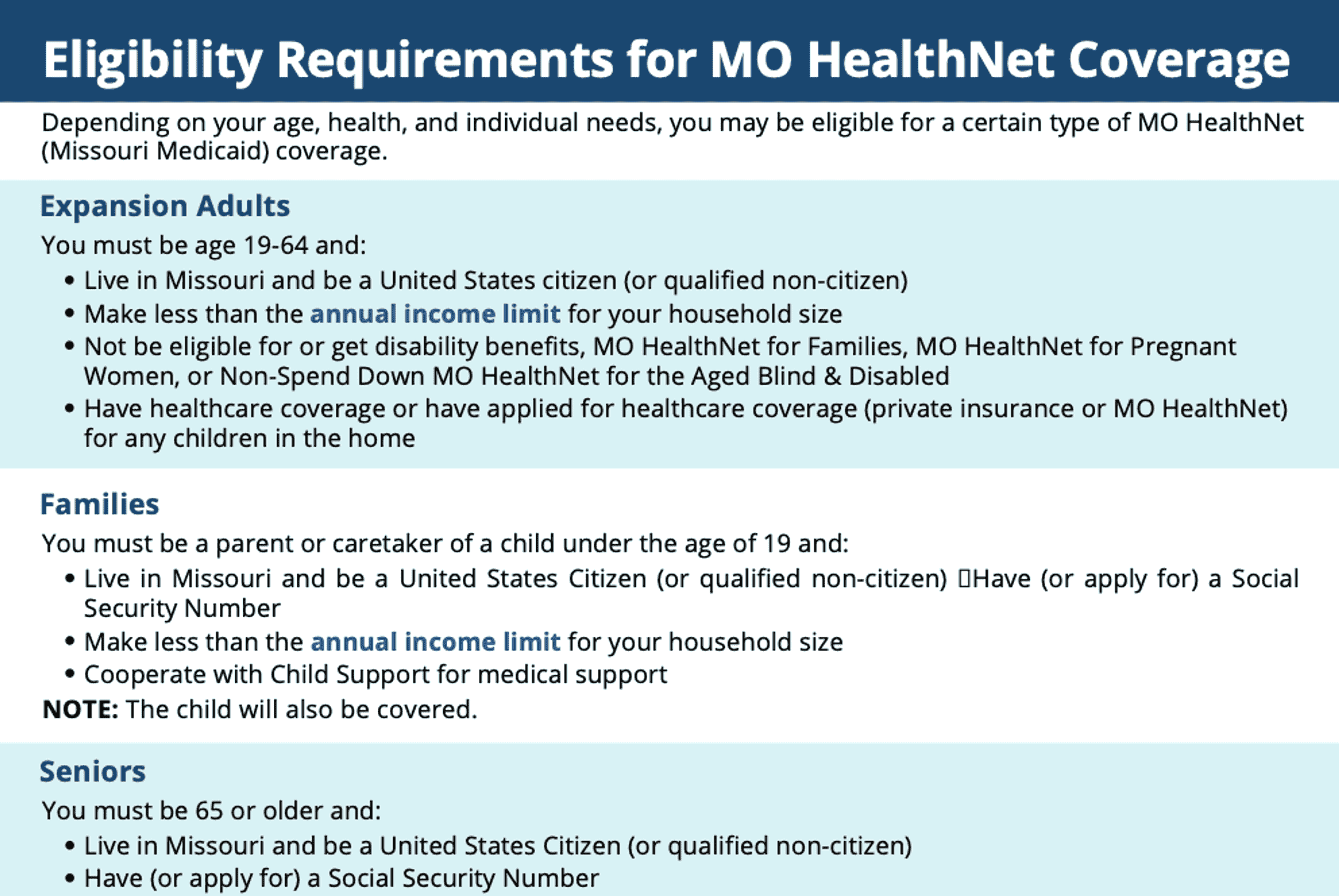Survivor Stories: Constant challenges in fighting diabetes, housing insecurity
Jeremiah Williams' journey through Type 1 diabetes, homelessness, and personal loss showcases resilience and community support. Now pursuing studies in childhood trauma, he aims to inspire and uplift others.
In the fifth grade, Jeremiah Williams experienced painful stomachaches every day. Eventually, his mother took him to the doctor to find out what was wrong, and the diagnosis was life-changing: Williams had Type 1 diabetes, a condition in which the pancreas produces little to no insulin.
“The doctor told me if [my mother] had waited two more days [to go to the doctor], she’d be planning a funeral,” Williams says.
Williams started taking insulin and medication to treat his condition, but he says it was hard to adjust. No other children in his elementary school had diabetes, and he “just wanted to be a regular kid.” He says he found support in his friends during this time, as they reminded him to “take care of himself,” stay healthy and take his medications.
In middle school, Williams was faced with another challenge: homelessness. Williams and his siblings were attending Wednesday night church group when his mother got a call their house was on fire. After receiving the news, their Wednesday night teachers rushed Williams and his oldest siblings home.
“We were just standing there watching everything we own burn,” Williams says. “The house didn’t burn down, but everything inside it was burned or water damaged from when they put the fire out. We lost everything. My insulin. Everything we owned, we lost. Nothing came out of there.”
After the fire, Williams says their small town of Portageville, Mo., rallied together to support them. The American Red Cross helped provide a free hotel for his mother, while Williams stayed at a friend’s house. His math teacher bought them new shoes; the preschool principal provided new clothes and toiletries for the family. The pharmacist replaced all Williams’ insulin for free and didn’t charge their insurance. Even once they moved into a new house, the local grocery store gave them $300 worth of food.
“[The town] made us feel supported, loved. Like we know our town has our back,” Williams says.
When Williams’ mother got a job in Cape Girardeau, their family left the small, supportive town for a new adventure. Williams says at first, he didn’t want to leave the town and friends he’d grown up with, but now, he likes Cape and the opportunities the city has given him.
Just as he got used to life in Cape, Williams received a sudden call from his father.
“He said this would be my last time talking to him. He committed suicide the same day he called me,” Williams says.
His mother told Williams’ youth pastors at Cape First Church about the incident, and they found ways to support him through the shock and grief. His pastors took him out to eat, invited him into their homes and gave him a safe space to talk. Phil Wellin, assistant youth pastor at Cape First Church, became Williams’ role model.
“I now call [Wellin] my dad, because he’s my biggest role model. Him and his wife just took me to their house. They cooked [for me] and supported me. If I ever needed to talk, or a father figure to talk to, I call him,” Williams says.
Williams has always found support in his churches, both Cape First Church and Living Stone Baptist Church in Portageville. He says Cape First helped his family a lot when he had another major health scare.
At the beginning of the pandemic, Williams contracted COVID-19. The virus took a major toll on Williams’ health, and he was flown to a hospital in St. Louis for treatment. There, Williams says doctors thought he would die. The novel virus and his diabetes were “fighting” each other.
Williams’ mother stayed with him in the hospital as he recovered, and Cape First members helped watch and provide food for his siblings back home. He beat the virus after a whole month spent fighting it.
On top of everything, Williams has faced racism, and although some of the racist comments “cut through,” he says he tries to brush the words off.
“When someone says something racist, I just blow it off. It’s not worth my time,” Williams says.
At 19 years old, Williams is pursuing a degree in child and family studies with a minor in childhood trauma and outcome at Southeast Missouri State University to achieve his goal of becoming a behavioral analyst for children. Between classes, he works at Kids Korner Daycare and Boys and Girls Club of Cape Girardeau. He says he loves both jobs and has learned the best way to help children is to “listen and let them tell their story.”
In his free time, he volunteers at Cape First’s children’s ministry, and this summer, he helped at their week-long camp for children in the Missouri foster care system.
“I want to inspire all kids, but I really want to inspire the African Americans, because people doubt our skin color a lot,” Williams says. “And what they go through, I just want to let them know, you can be any skin color: Black, white, purple, orange. And no matter what you go through, you can always overcome [it] and come out good.”
Connect with the Southeast Missourian Newsroom:
For corrections to this story or other insights for the editor, click here. To submit a letter to the editor, click here. To learn about the Southeast Missourian’s AI Policy, click here.










